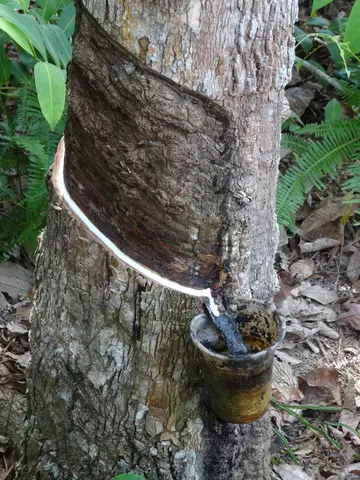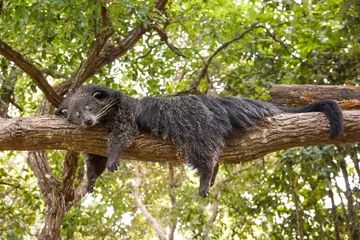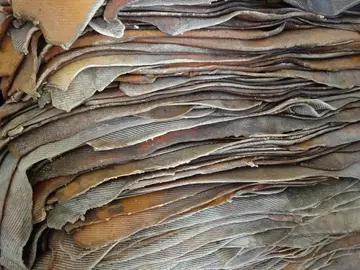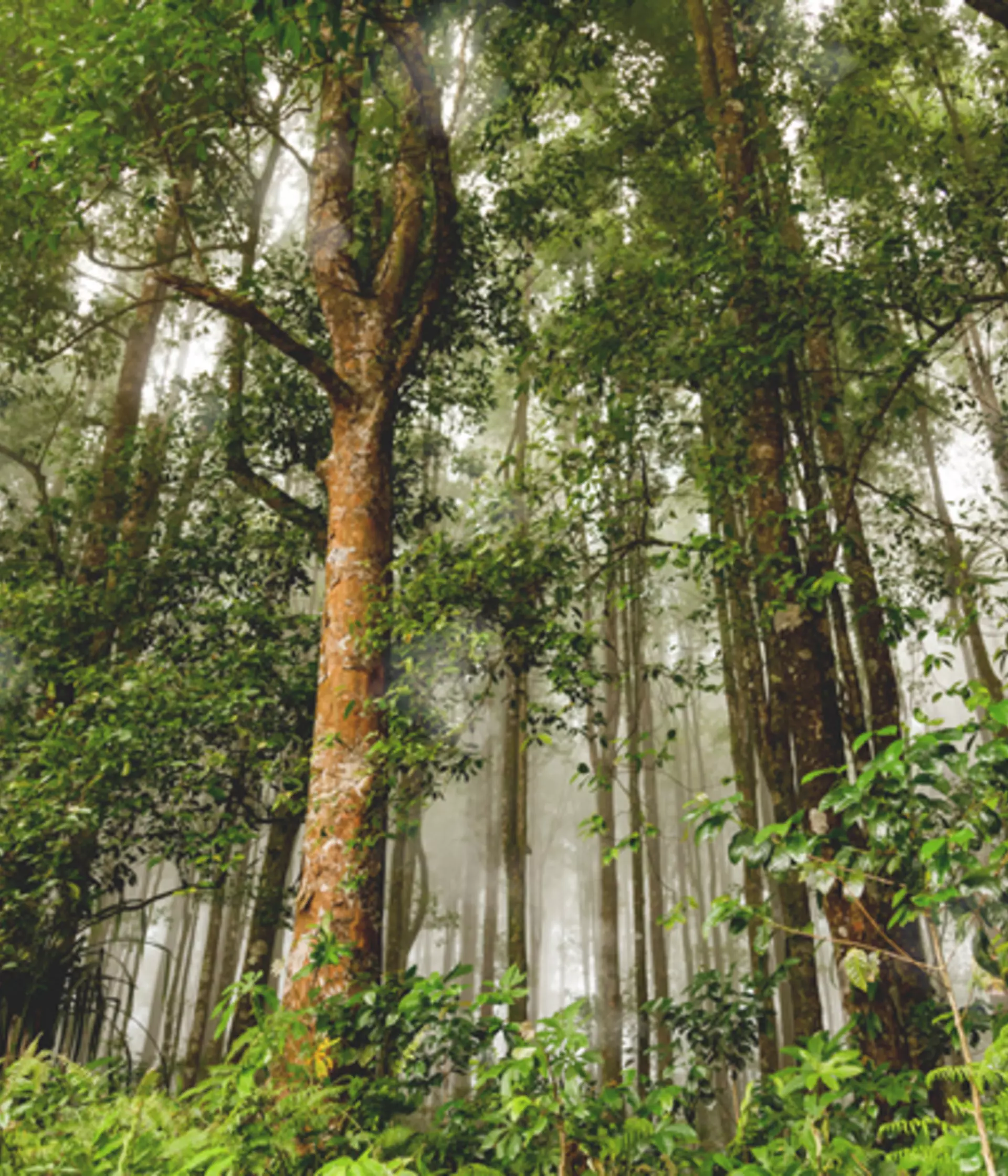
Is rubber sustainable?
Leading natural rubber companies - including Pirelli, Hankook and Continental - lack vital supply chain transparency and traceability, as concerns about competition and accountability obscure risks to tropical forests and threatened species.
Launching today (28 March), the research data from our latest SPOTT assessment indicates that 79% of the natural rubber manufacturers assessed are yet to publicly claim traceability to rubber processor-level and just two companies, Michelin and Bridgestone, report they can trace some rubber back to the area where it was harvested. This void of traceability increases the risk of deforestation, biodiversity loss and rights abuses, as plantation expansion persists, and high-risk areas remain unknown.
Alarming lack of traceability in rubber supply chains
Our Sustainable Business Specialist Sam Ginger, who led the assessment said: “Tyre manufacturers are the major players in the rubber supply chain, consuming over 70% of production. They often compete for access to the same rubber sources, and disclosing supplier locations could reveal competitive advantages, such as better pricing or more secure supply chains. However, this lack of transparency calls into question if enough is being done to protect nature.”

“The majority of rubber production occurs in Southeast Asia, home to species such as Endangered Asian elephants and Critically Endangered pangolins. Unsustainable practices threaten the future of these animals through habitat loss and increased human-wildlife conflict as animals stray onto plantations. Without supply chain traceability, companies cannot determine if they are supporting habitat destruction and biodiversity loss.”
Sustainable rubber
Despite the complexity of the natural rubber supply chain – with most of the world’s rubber produced by six million smallholder farmers – pilot projects have shown that it is possible to trace rubber from processing facilities back to smallholder farms, enabling buyers to target interventions to improve farm sustainability.

Sam added: “Buyers, investors, and organisations such as Global Platform for Sustainable Natural Rubber (GPSNR) are all calling for greater supply chain transparency in the natural rubber industry. Companies that are transparent about their supply chains can build trust with stakeholders, demonstrate their commitment to sustainability, and differentiate themselves from competitors. If they can also trace supply back to origin, claims of action on sustainability commitments can be corroborated.”
Our assessment also illustrates that rubber companies might not be ready for the implementation of the upcoming EU Deforestation Regulation (EUDR) which aims to reduce deforestation and forest degradation associated with the production and trade of agricultural commodities, such as palm oil, soy, timber, beef, and rubber.

Under the EUDR, companies placing products on or exporting from the EU market must demonstrate that products are deforestation-free and legal, including rubber derivatives such as tyres, gloves, and apparel, while penalties for non-compliance with the EUDR could reach up to 4% of EU-wide turnover: ZSL’s research shows only 7% of companies publish evidence that they regularly monitor deforestation in supplier operations.
Joe Horrocks Taylor, environmental ESG analyst at Columbia Threadneedle Investments, which utilises the SPOTT assessment to rate rubber manufacturers, commented: “With agreement on the EUDR reached and natural rubber included in the final list of covered commodities, there is now an even stronger imperative for natural rubber manufacturers to disclose geo-location data for upstream production locations and to strengthen due diligence efforts.

“ZSL SPOTT’s Natural Rubber assessments are a crucial input which we use at Columbia Threadneedle Investments to be able to rate the quality of natural rubber manufacturers traceability, due diligence and environmental and social management. We engaged with seven natural rubber manufacturers and eight automotive companies in 2022, using ZSL SPOTT’s assessments and framework to focus on the most material issues. This is a programme which we will look to expand in 2023 by working with ZSL and our financial sector peers to accelerate the pace of change in the natural rubber industry.”
Our annual assessment continues to track industry progress over time; 69% of assessed companies now have public zero-deforestation policies, compared to 62% last year. Additionally, 33% now have timebound commitments to reduce greenhouse gas emissions, an increase from 27% in 2022.
Sustainable rubber supply chains
We're firm on the need to create traceable and transparent natural rubber supply chains - part of our core mission to restore ecosystems and protect species. “Companies must publish lists of their suppliers - an action already commonplace for buyers of palm oil - and trace rubber to source so investments in sustainable cultivation practices can reach the farmers and environments in most need of assistance,” added Sam.
We're urging all stakeholders in the natural rubber supply chain to put nature at the heart of their decision-making and to take proactive steps towards greater transparency and traceability to mitigate risks, build trust, and use the opportunities associated with sustainable rubber.
